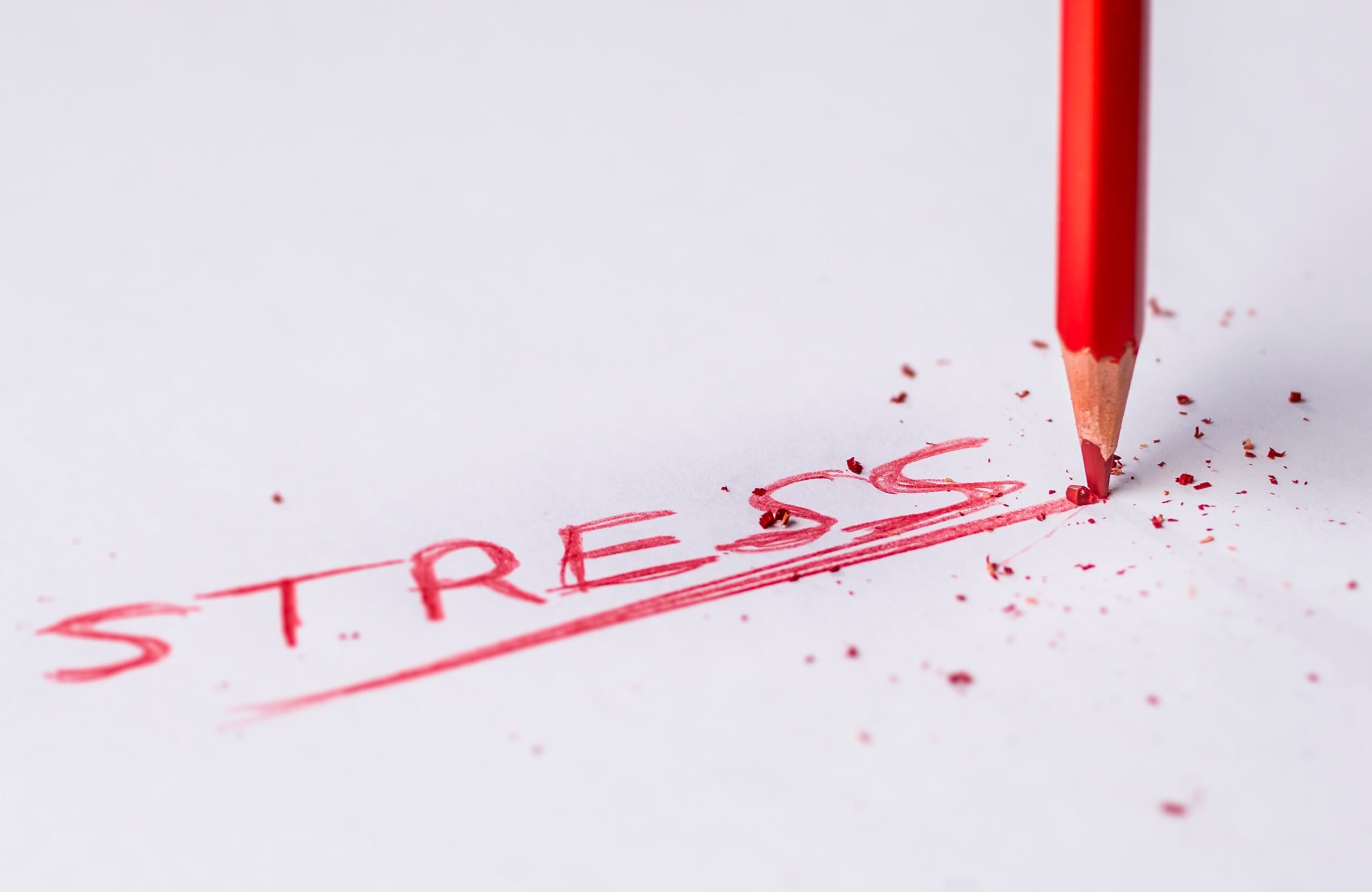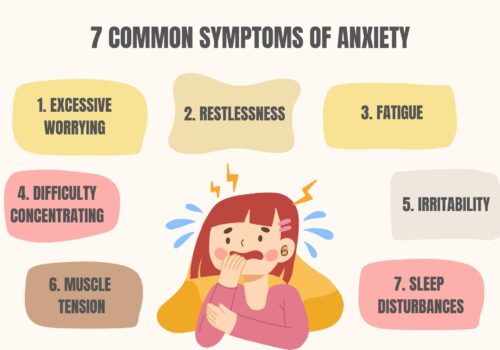When someone you love or care about has PTSD (Post-Traumatic Stress Disorder), it can be an overwhelming situation. Fortunately, with the right perspective, understanding of the disease, and correct approach, you can help them move on to live a better life. These ten ways of helping someone with PTSD can make a world of difference in improving the situation and initiating the healing process.
What is Post-Traumatic Stress Disorder?
PTSD or Post Traumatic Stress Disorder is a highly complex mental condition brought upon by a terrifying event in someone’s life. It is not a disease, and neither is it a mental failure. According to the American Psychiatric Association DSM-5 (Diagnostic and Statistical Manual of Mental Disorders, fifth edition), PTSD is listed under a new revised category called DSM-5 TR or Trauma- and Stressor-Related Disorders. To meet the criteria included in the classification, all conditions require exposure to a traumatic or stressful event as a diagnostic criterion.
Living With Someone Who Has PTSD
Living with someone with PTSD can get quite scary, intimidating, and frustrating; it can even change family life. You might get irritated and angry at how your loved one has changed, but it’s not really their fault, and helping them begins with you understanding that. Someone with PTSD will display symptoms that include nightmares, flashbacks, avoidance behavior, panic attacks, distorted opinions of themselves, panic attacks, anxiety and even depression. These manifestations are instigated by emotional triggers, which is why it is vital to understand PTSD—why it happens, its symptoms, causes, coping strategies, and treatment.
Read all about Post-Traumatic Stress Disorder: Symptoms, Causes, & Treatment
How to Help Someone With PTSD
It’s important to collaborate with mental health professionals to create and implement a comprehensive PTSD treatment plan. Besides professional help, the support of family, friends, and loved ones is crucial to beginning the journey to recovery. Managing someone with PTSD can be challenging, but the right techniques will work wonders and preserve your own mental health too. These are the best ways to help someone with PTSD.
Compassion and Understanding
People with PTSD need compassion and understanding. On the surface, they may not be responsive; they can appear angry and irritable, but it’s important to recognize that they don’t choose to be that way. Their condition impacts and alters their cognitive function, influencing their behavior. Perhaps deep down, they also feel terrible about their isolation and treatment of others. Any negative reaction on your part only exacerbates their feelings of distress.
Educate Yourself
Educate yourself about PTSD. Understanding what post-traumatic stress disorder is and how it manifests in people is essential to comprehending what the other person is going through. Learning how triggers affect someone with PTSD helps you recognize warning signs to prevent future episodes. Knowledge empowers your support.
Be a Listener, but Don’t Force Someone to Talk About Their Feelings
People with PTSD can find it hard to talk about their traumatic experiences. It might make them feel worse. Rather than ask them to tell you about it, be a listener. Tell them you are there to support them, and should they feel like opening up, you are always there to listen. Even when they do explain their experience and feelings, listen without being judgmental. On a more compassionate note, people with PTSD prefer someone’s presence as support. That is their comfort, not necessarily talking.
Respect Boundaries
The most valuable thing you can do for someone who has PTSD is give them space. Sometimes, it can get so bad that the person prefers to build a shell to protect themselves from the outside world. It can also be in the form of self-isolation, so remember, it has nothing to do with you or against you. It is their mental mechanism influencing them. Thus, respecting their limits and just being around and letting them know you are available when they are ready is the best you can do.
Patience and Support
Recovery from PTSD can take time; it could last for months, years, or even a lifetime. Healing is a gradual process, and one needs to be patient with a loved one’s progress and setbacks and understand that recovery may take time. During the recovery period, express your love and support regularly. Simple gestures like a hug, a kind note, or just being present can make a significant difference in their emotional well-being.
Normal Activities
Encourage your friends or loved ones to pursue activities not related to the traumatic incident. It could be a hobby or even outdoor activities where you could join them in walks in the park, cycle rides, hiking, swimming, aerobics, or jogging. Please encourage them to go on dates with friends and family occasionally. These are all distraction activities that freshen the mind, gradually neutralizing the effects of PTSD.
Avoid Triggers
The biggest advantage of learning about PTSD is how to identify triggers and the signs that indicate an episode. Every individual with PTSD will have unique triggers of their own related to their experience. Understanding what they went through and knowing what brought on their attacks will help you preempt such things to distract them before an attack occurs. Avoiding triggers involves minimizing their exposure and avoiding certain topics or situations that can provoke distressing memories.
Provide a Safe Environment
Create a safe and comforting environment at home. This may involve making small adjustments like reducing noise, ensuring a comfortable sleeping space, or establishing routines that offer predictability.
Encourage Professional Help
Gently encourage your loved one to seek professional assistance. Therapists and counselors are trained to provide the specific guidance needed to cope with PTSD. There are several therapies available, such as CBT, or Cognitive Behavioral Therapy, which have proved effective in several mental disorders. Moreover, if your loved one is open to it, consider attending therapy sessions with them or participating in activities that promote relaxation and healing, such as yoga or meditation. Helping someone with PTSD takes time, patience, compassion, and a willingness to support their healing journey. Educating yourself about PTSD and knowing as much as possible about the affected person’s individual experience equips you with the knowledge to support them in the way they need you to. While professional help is necessary, support from a friend or family member is vital in providing a sense of trust and security that a person with PTSD desperately needs for their mental well-being.
















